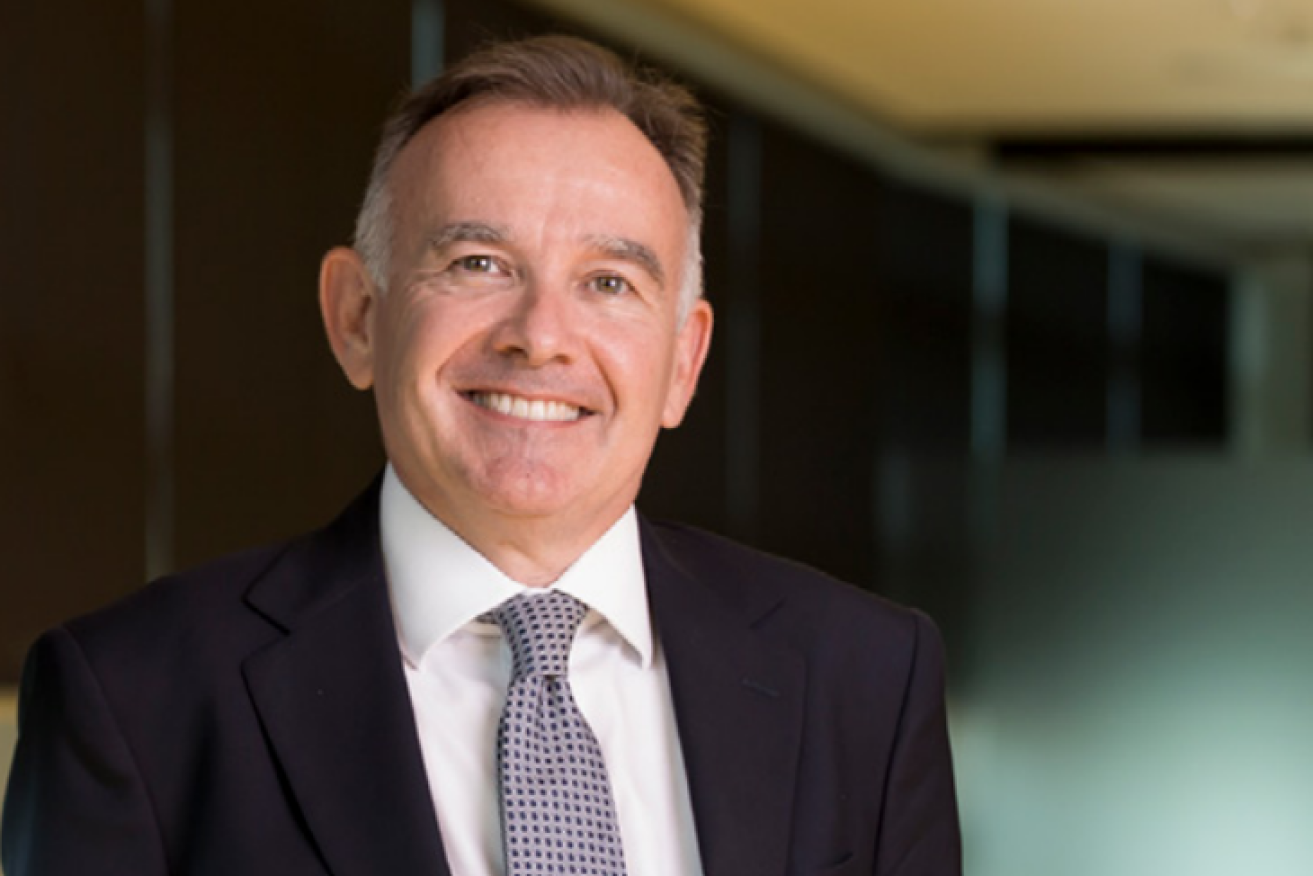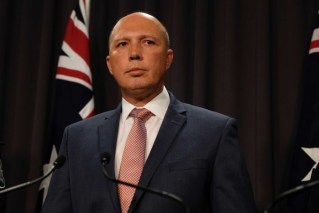The ART of life: How Qld’s new megafund plans to help make the world a better place
Australia’s public companies now have a $230 billion megafund with its own views on how the world should be, but it still has to reveal what it would do about coal.


ART's chief executive Bernard Reilly
The Australian Retirement Trust, created through the merger of Queensland superannuation funds QSuper and Sunsuper, will have an active but quiet role in shaping the world through being a “force for good’’.
It’s a loaded phrase with all sorts of political and social implications and chief executive Bernard Reilly told In Queensland its underlying goal would be what’s in the best interest of its members.
Its decision to exit its holdings in Russia was an example of that, Reilly said.
“We have 2 million members and that will increase and what we want to do for members and the world they live in is make it a better place,’’ he said.
“So it’s talking to some of our posture on ESG (environmental, social, governance) in particular and so both funds coming together have a climate action plan that will be focused on climate and the way we engage with companies and with managers who manage money.
“It’s also the way we engage with corporates as well and that may be in areas such as employment policies and other things as well. A whole variety of other areas.’’
However, Reilly doesn’t believe that makes it an activist fund.
“What we tend to do is engage. We think it’s better to engage with a company directly rather than on the front page of the paper,’’ he said.
He said its actions with companies could be about work practices or fossil fuels.
“We look at it through the lens of what is in our members’ best financial interest,’’ he said.
“So if it is something we think will impact the investment and the returns that we have whether it’s reputationally risk from their work practices we will engage with them on that.’’
In relation to fossil fuels there is yet to be a publicly stated position and Reilly said in theory ART could hold investments in that sector.
“We have policies around how we will manage that going forward. Selling down is one approach and we will use that, but it’s also about engaging with the company.
“We have made decisions about what we will do there (fossil fuels). We haven’t announced those yet.
“The reason I am couching is that we only merged on Monday and the investment team is still coming together to (and) working through some of their decisions, so I don’t want to pre-empt that.’’
The size of ART means it will have influence. It will be Australia’s second-biggest fund and had it merged last year it would have had $14 billion in inflows.
It got even bigger this week with the announcement that the Australia Post fund would merge with it, adding another $8.5 billion. Over the next 10 years the expectation was that ART would be twice its current size.
Reilly believes ART is an example of what will happen throughout the superannuation sector, particularly because of the performance test introduced by the Federal Government to rid the sector of underperforming funds.
“I think the industry will get to this in the next five years. A couple of things will drive this.
“In the case of QSuper and Sunsuper neither fund had to merge. We were both well performing, competitive funds in the top 10. This was about merging to drive greater scale and benefits for members.
“You will see mergers as the industry matures. The performance test will drive some of this.
“We have already seen this with the first performance test was released and there were 13 underperforming funds. You saw outflows from those funds and you are also seeing those funds enter into merger discussions as well.
“The push to reduce fees is also driving greater scale.’’
He said ART members would see more benefits through the merger in time.
“We still have a lot of work to do in bringing the two organisations together so we have done the planning but there is still a lot of work to do yet to realise a whole lot more benefits, either in a reduction of fees or increased services,’’ he said.












